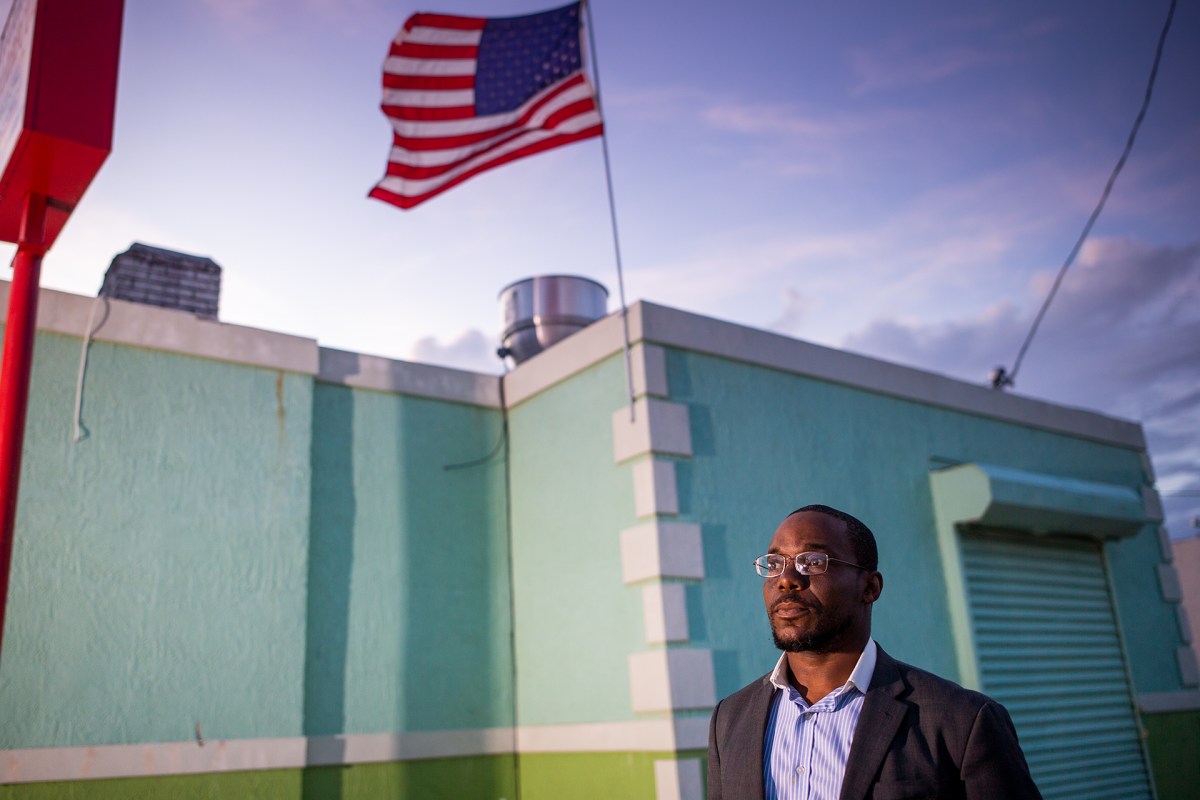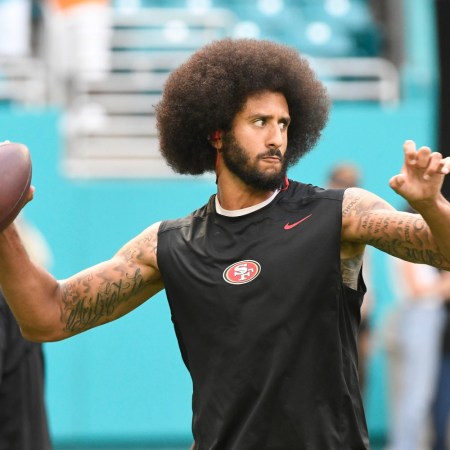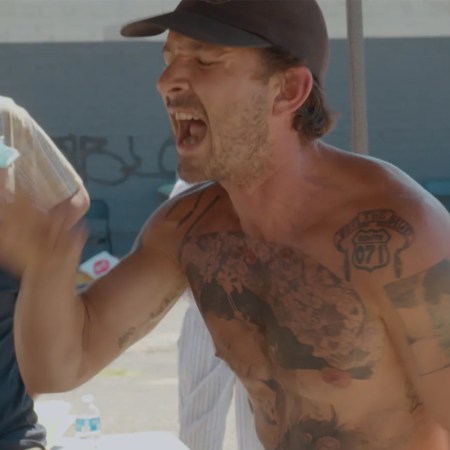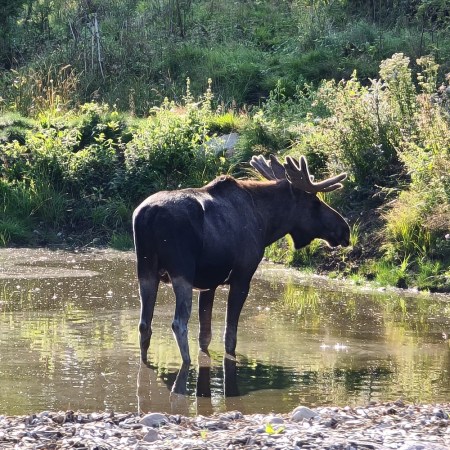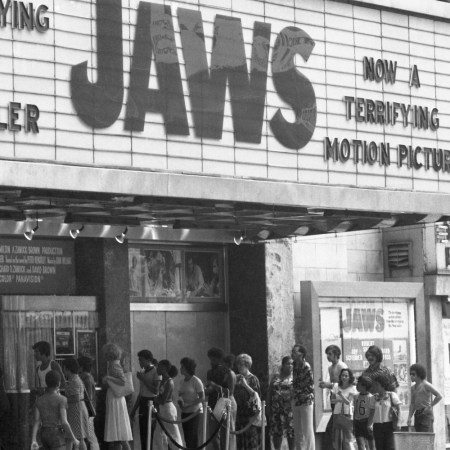In his career as a filmmaker, Dan Reed has made documentaries on a host of harrowing events — including Terror in Mumbai (2009) and Three Days of Terror: The Charlie Hebdo Attacks (2016). (You might also be familiar with his film Leaving Neverland.) His latest documentary project offers a very different take on the state of modern terrorism. In the Shadow of 9/11 focuses on the case of the Liberty City Seven, a group of Miami men accused of plotting a terror attack in Chicago in 2006. It’s now available to stream via PBS and on YouTube.
Upon closer inspection, though, the government’s case looks less and less certain. Consider it a kind of perfect storm — one where the FBI was looking for a new high-profile terror case to prosecute, their informant was looking for a way to get himself in law enforcement’s good graces, and the Seven themselves saw an opportunity to make money for their construction business. It would be the stuff of absurdism, except that this case ended with the Liberty City Seven jailed, deported or both.
Reed’s film is a gripping work of nonfiction, and one which allows nearly all of the participants in the case to offer their perspectives on the case and its aftermath. We spoke with Reed about the long process of making this documentary; an edited version of our conversation follows.
InsideHook: What first drew you to the subject? Was it the case of the Liberty City Seven or was it the theme of overreach in the post-September 11th world leading you to find this group as emblematic of that?
Daniel Reed: It was part accident and also part my preoccupation with terrorism, which is also accidental because I made a documentary which was going to be all about a terrorist attack in Moscow, and just discovered I had a penchant for being able to speak to the people who’d been through this very unexpected trauma in their lives.
So I became specialized in terrorist attacks, and so I was predisposed to examine well, how is America going to keep us safe from these types of atrocities? And then a friend of mine was doing a movie based on the Liberty City Seven, and said, “You should read about it, it’s the craziest thing you’ve ever heard. It just sounds like a farce but it’s actually true.”
So he went off eventually and made a movie about it, which came out long before my film. So originally, my project was to tell the true story of the movie, but then the projects diverged quite quickly, and I went off on my track.
Was that Chris Morris’s film The Day Shall Come?
Yeah.
As a documentary filmmaker, is there anything that you have to be particularly aware of when you’re making a film about something that is such a fraught subject?
Yeah. My first question was, were these guys really at any stage intending or capable of planning a terrorist attack? Because fast forward to that press conference given by the Attorney General at the time where he said, “We got them, guys. These guys were planning the next 9/11, and we took down the cell.” And so I needed to reassure myself that these guys weren’t really, really nasty. And pretty soon I figured that they were not capable. They could barely find their way out of a paper bag. So they obviously didn’t have the bandwidth to carry out any kind of attack, let alone detonate the Sears Tower and collapse it in the lake and create a tsunami.
And at some point, horses somehow play a role in all of this as well.
That’s the other thing that emerges — this bizarre relationship between Narseal Batiste, the leader of these self-appointed messianic liberators. And he’s not a Muslim, none of them are Muslims. But he’s an aspiring actor. So he’s playing the part of this kind of weird pantomime terrorist, and talking to the seedy FBI informant who’s probably made of tougher stuff than Narseal.
With the exception of the informant, you spoke with pretty much everybody involved on all sides of this. Was that a challenge?
This film took six years to make. And a lot of it was kind of like crossing the desert. We had very few resources, and I never thought we’d be able to get ahold of Narseal. He hadn’t been released when I set out to make this. I don’t think any of the guys had been released yet. But yeah, Narseal Batiste was key to the whole thing. Like who is this guy, and who is the man who performed these strange scenes that became the basis of this whole story?
And so I found out he was being released from prison and met up with his family. A lot of the time, I was just waiting to talk to Narseal and figure out who he really was. And when I spoke to him, I was expecting this big, kind of forceful, charismatic presence, and he was like a meek little boy. But then as a documentary maker, sometimes you’ve got to appreciate what comes; you don’t appreciate what you’re actually seeing, and what you’re witnessing and hearing. And in fact, it was a very strong interview with Narseal. His grip on reality is pretty fragile. And that comes out, I think later in the film.
So that was the big break, getting Narseal. The other thing was getting Anthony Velazquez, who’s an amazing storyteller. He was a good special agent with a distinguished track record. He comes from an interesting background — he grew up in the Bronx and his mom and dad had trouble with the law sometimes. And I thought he was very credible and he just tells the story very straight.
But I think he, like the other officers, realized that this story had sort of got out of control. By the time it got to Washington, it became inflated way beyond what it could sustain.
Michael German, the other FBI agent you interviewed, provides some really interesting context and says at one point that really September 11th would’ve changed the presumption of whether or not these men were actually going to be carrying out terrorism. I’m curious, how did you get connected to him for the film?
I usually have a rule that everyone in these films is a player, as opposed to a pundit. It’s all players and no pundits, but Mike was the one exception because he’s the one person in the film who doesn’t have a direct connection to the case. All the others do. But I thought it was worth putting him in because (A) he is a veteran undercover agent, and (B), he’s someone whose departure from the FB was linked to his falling out with them.
He’s a fairly well-known figure. I think amongst the former FBI special agents in the particularly narrow context of the war on terrorism. He makes really good points, like — what terrorist wants everyone to be a friend? They want to instill fear in our hearts. If you go around finding plots that don’t really exist or even suggesting plots to people who might potentially become terrorists, then you’re just playing along with the aims of the terrorists, because you’re increasing the fear of terrorism.
In the case of the Liberty City Seven, you hold a press conference in DC and say, there was this plot to blow up the Sears Tower. That’s scary stuff, if you’re a member of the public. And so Mike makes the point that that’s playing the terrorists’ game. And then there’s also the waste of resources — here, where you’re pursuing seven construction workers from Miami who aren’t even Muslims, didn’t have any weapons, didn’t have a plot, didn’t have any money. You might be wasting opportunities, be wasting officer hours. You’re wasting finance that could be deployed getting to more bad guys.
This article appeared in an InsideHook newsletter. Sign up for free to get more on travel, wellness, style, drinking, and culture.
